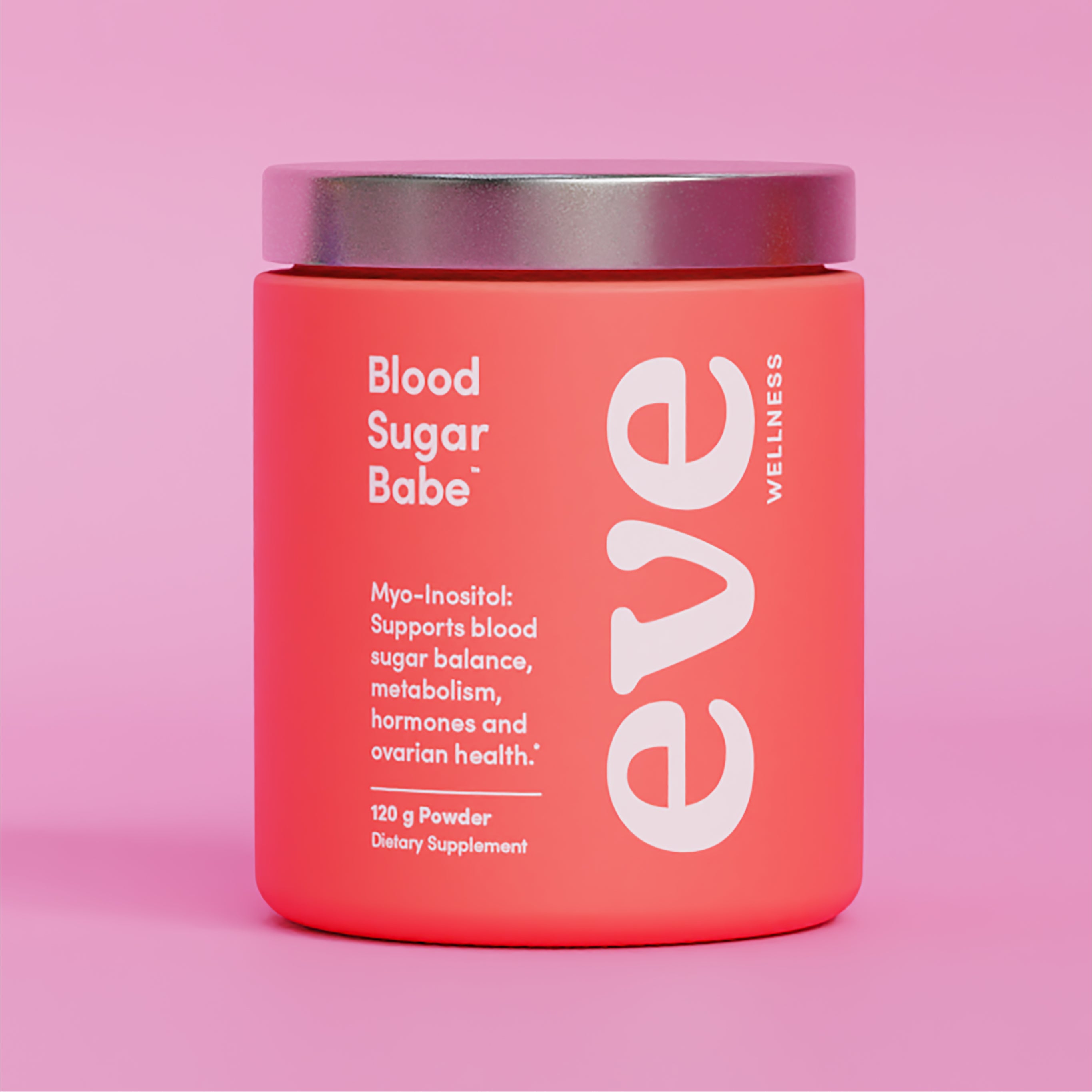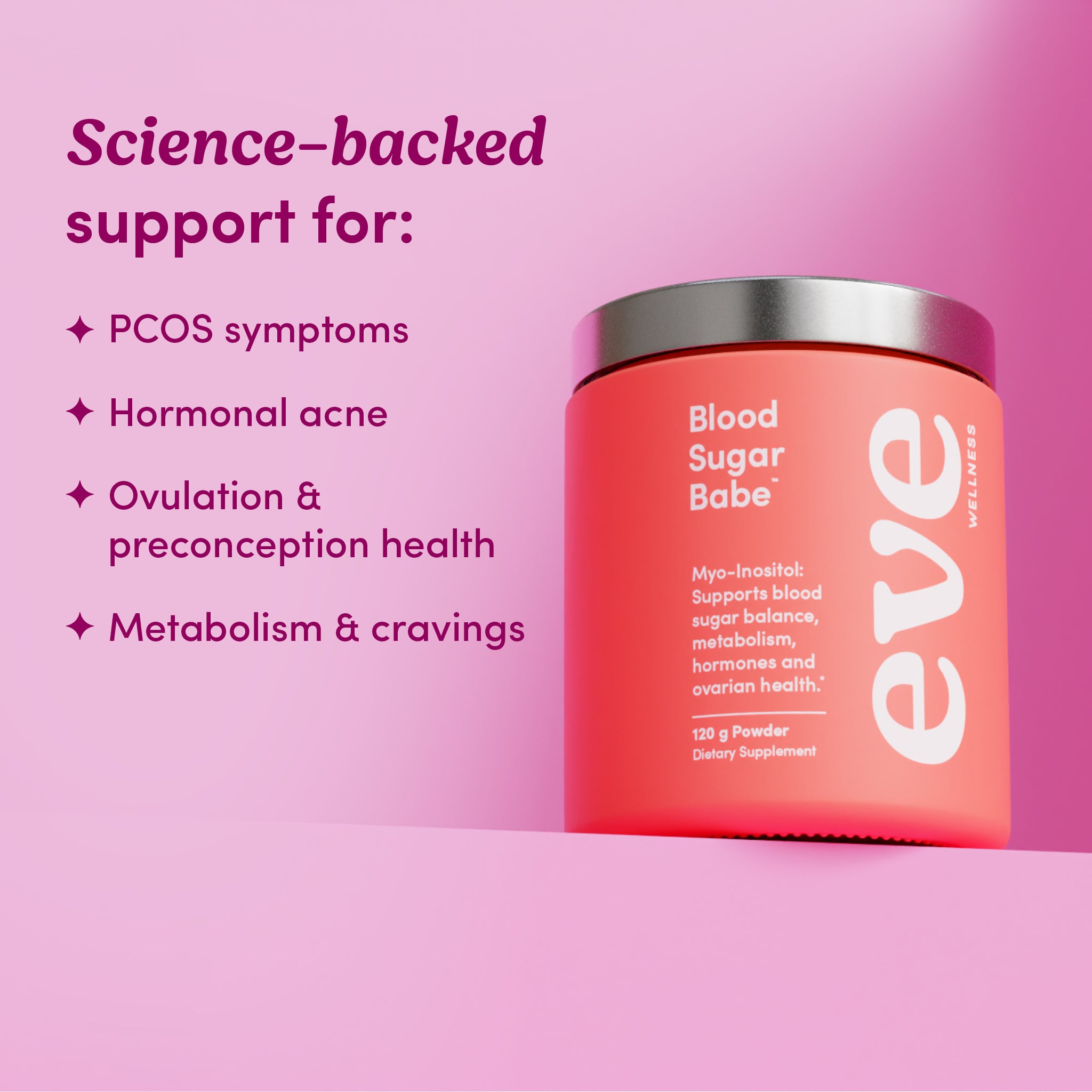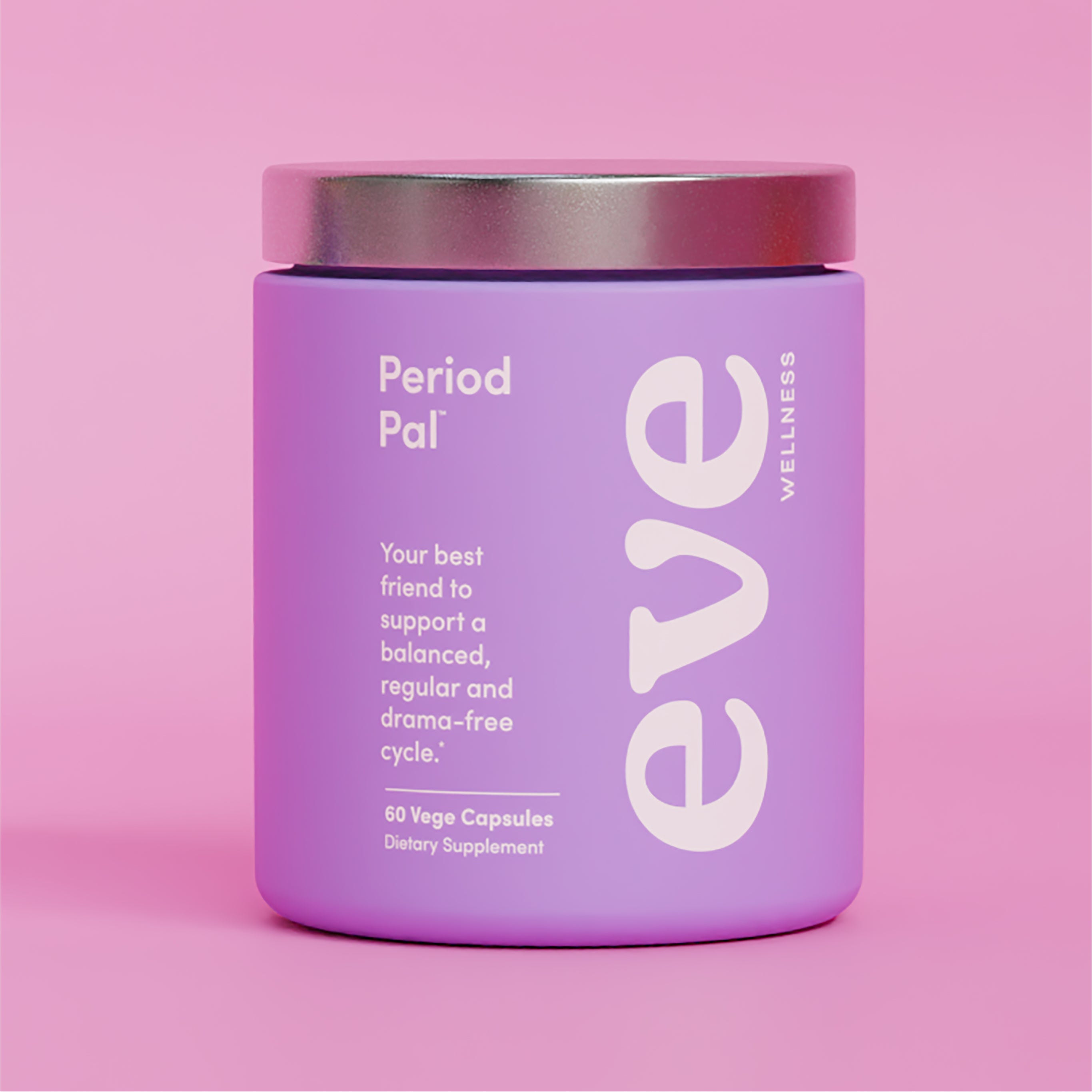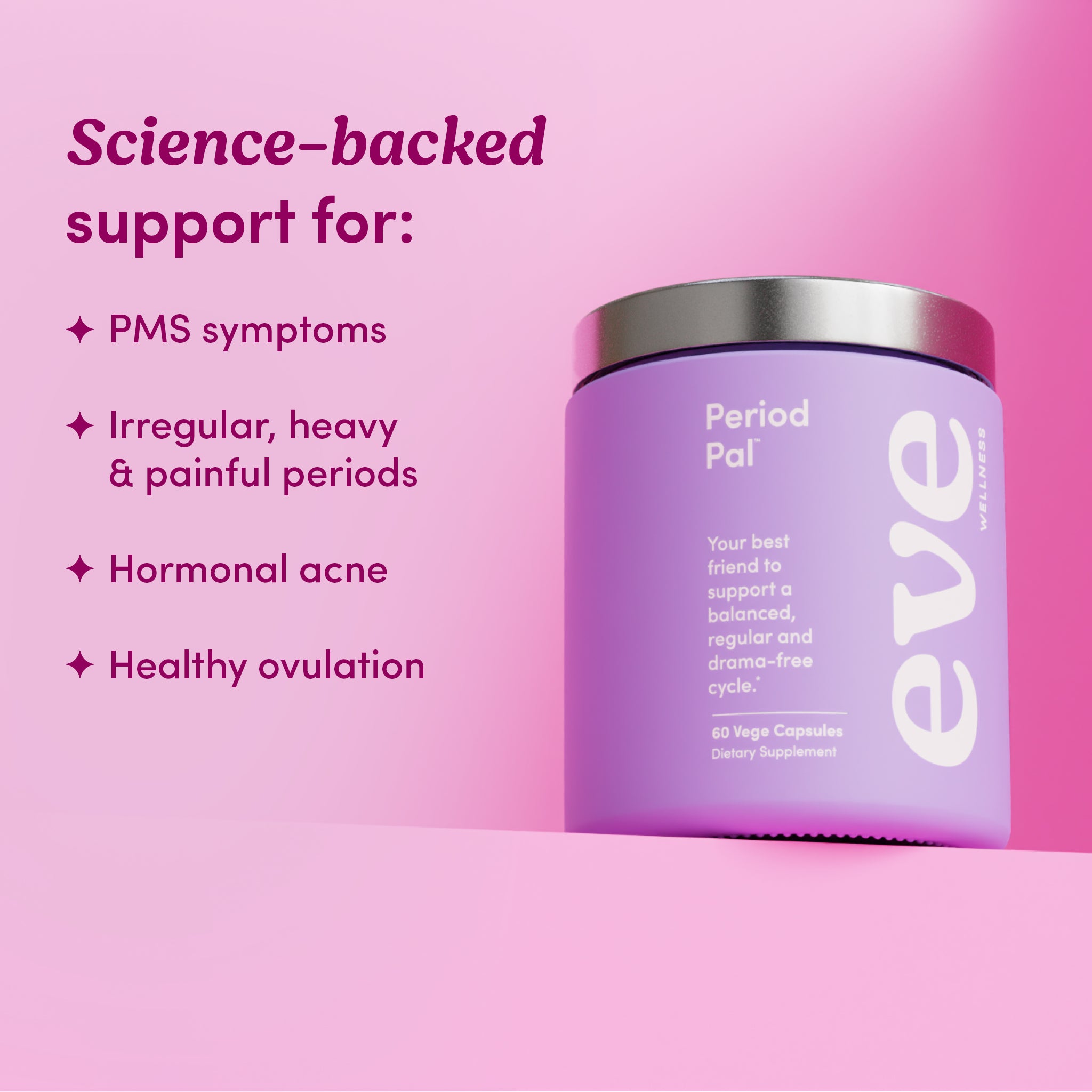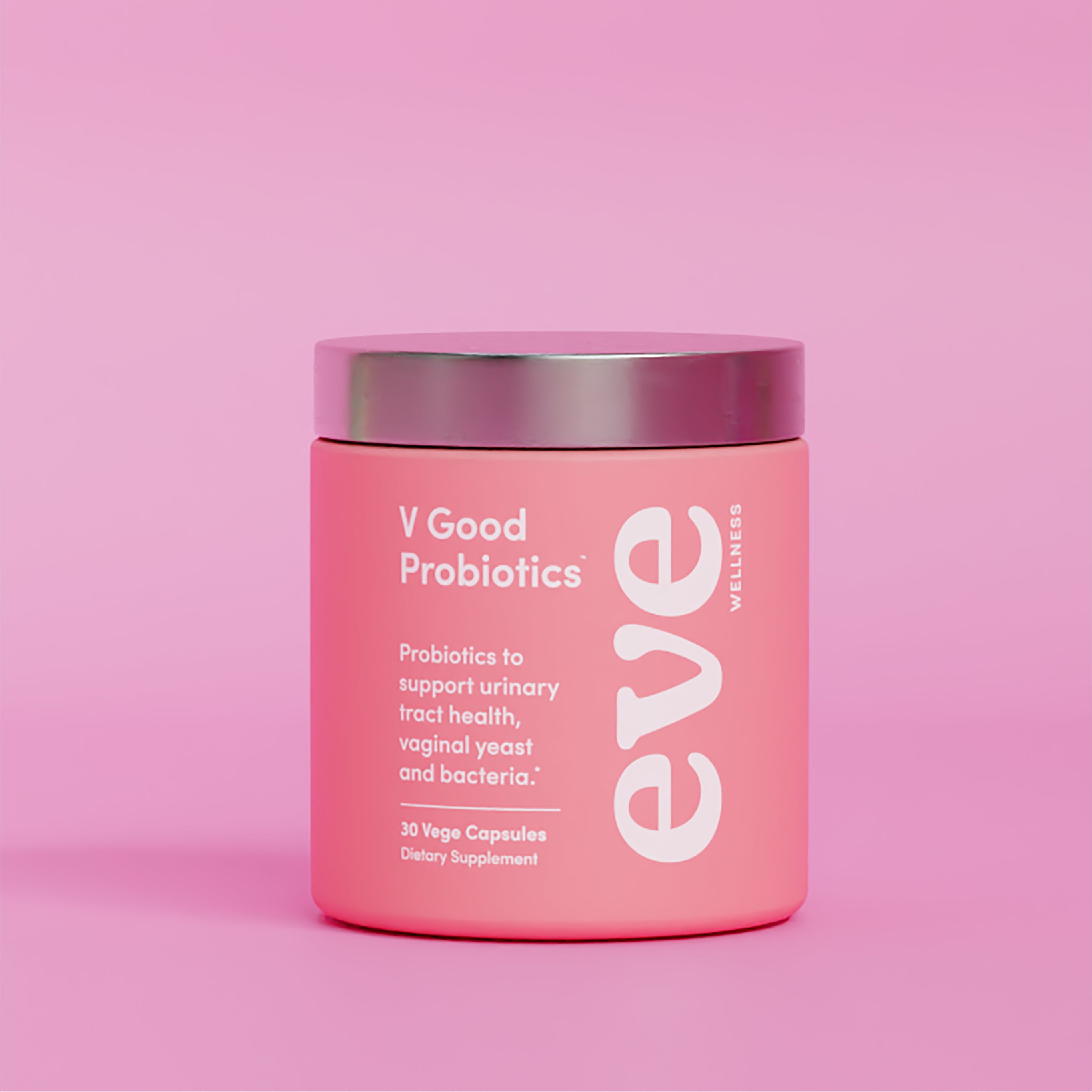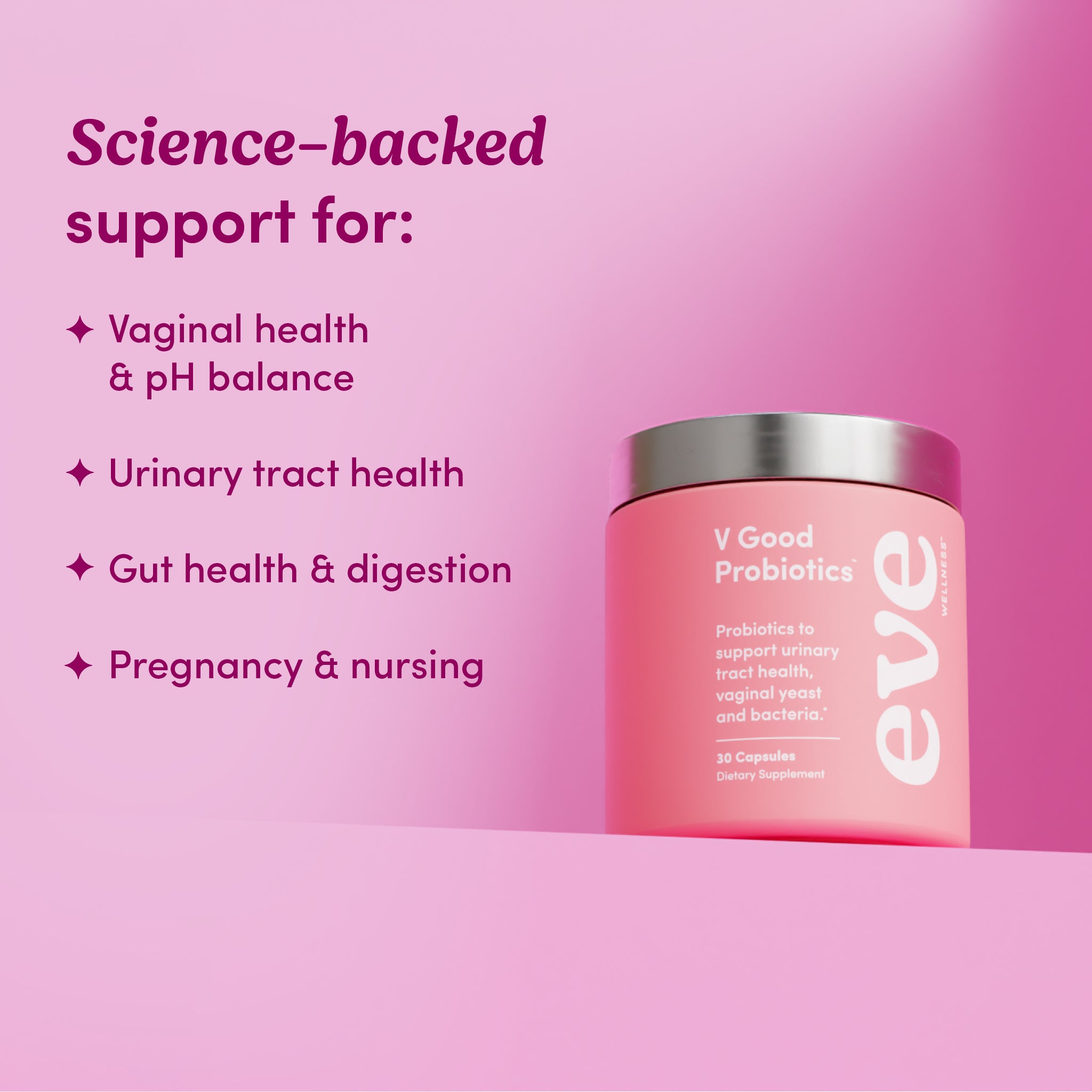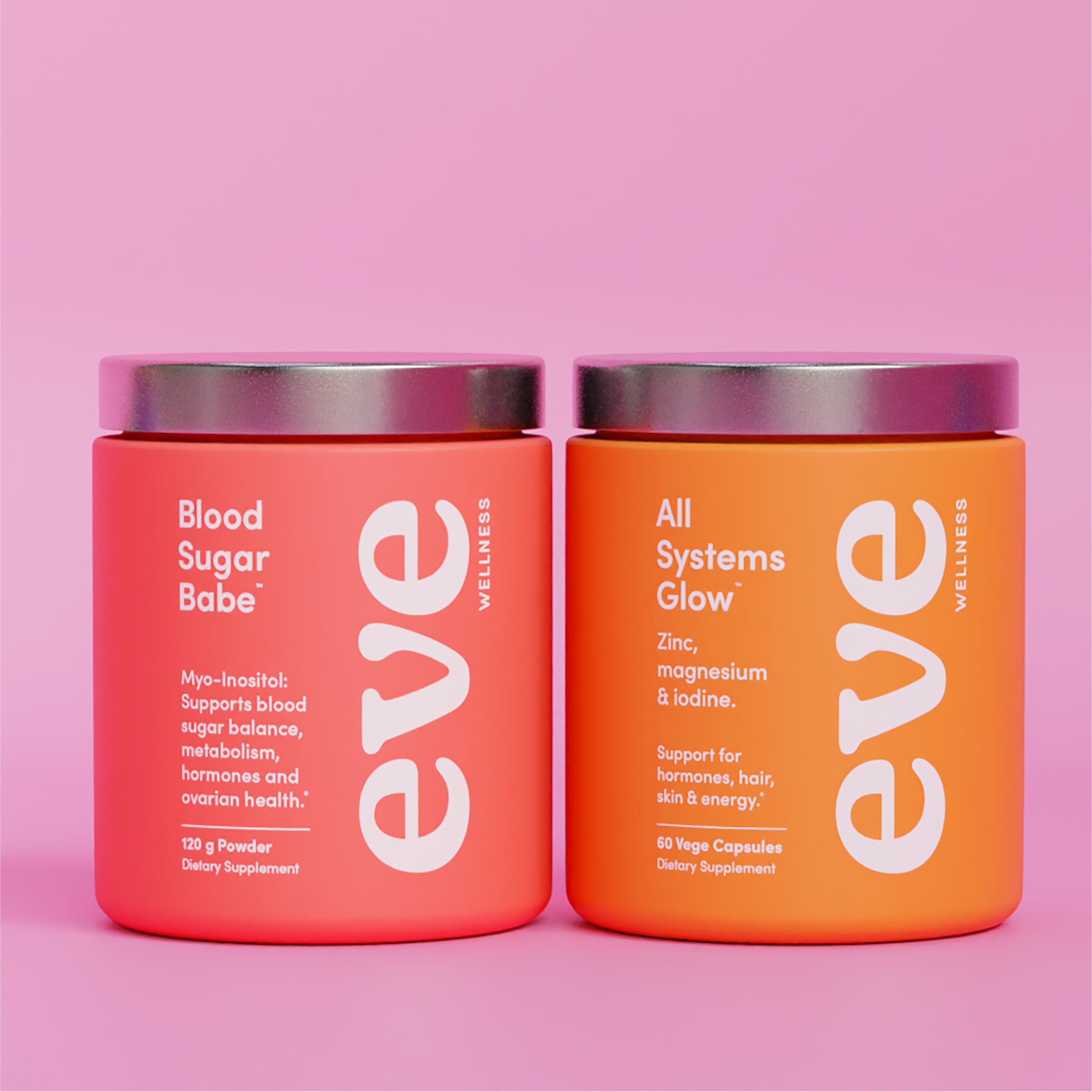While you can never really know just how fertile you are until you roll the dice and ‘try’, there are ways to support your body and give yourself the best chance of success when the time comes.
Whether you’ve got babies on the brain, or just want to look after yourself, here are 5 ways to support and nurture your fertility.
1. SWITCH TO NON-HORMONAL CONTRACEPTION
One of the best things you can do for your fertility (and overall health) is to let your body do its thing, and have years of regular, ovulatory cycles between puberty and when you actively start ‘trying’.
This means letting your hormones rise and fall each month without suppressing them with hormonal birth control, such as the pill, IUD or injections.
The communication pathway between the brain and ovaries often starts out a bit awkward and ‘hit or miss’ around puberty, but after years of practise it only becomes clearer and more resilient.
Non-hormonal methods of contraception such as condoms, the copper IUD and fertility awareness are all great options if you are looking to support your fertility, and address any underlying hormone imbalances; without falling pregnant.
If switching up your contraception isn't a great option for you right now, Take Me With The Pill can support your body while taking hormonal contraception, and help to ease the transition back to regular cycles if and when you decide to come off.
2. SUPPORT OVULATION WITH KEY HERBS & NUTRIENTS
The ovaries need a steady supply of certain nutrients to do their job. In particular, the key-nutrients we need to support ovulation, regular cycles, balanced hormones and fertility include:
ZINC
Zinc is a trace mineral that’s required for over 300 enzyme (chemical) reactions in the body. This wonder-mineral nourishes ovarian follicles (eggs) and promotes ovulation, which we know is essentially the ‘on-switch’ for female sex hormones.
Zinc-rich foods include lean red meat, oysters, and pumpkin seeds.
VITEX
In the past 50 years, this powerful herb has been gaining traction in the gynaecological scene in Europe, commonly used to treat conditions such as PMS, irregular or missing periods, heavy periods, painful periods, breast tenderness, and infertility.
Vitex is particularly good at promoting ovulation and increasing levels of progesterone, our soothing hormone that balances the effects of oestrogen and helps to keep us feeling somewhat human in the week before our period arrives.
IODINE
Iodine is a key mineral that is best known for its essential role in the normal functioning of the thyroid—a gland responsible for growth, brain development and metabolic rate; however, iodine plays an important role in hormone health too.
Along with supporting healthy oestrogen metabolism, oestrogen helps to stabilise oestrogen-sensitive tissue, including the brain, ovaries, uterus and breasts.
Low levels of iodine in the body can make these areas particularly sensitive to oestrogen, which can lead to heavy or painful periods, mood swings and breast tenderness.
All of these can be found in Period Pal, our supplement specifically formulated to support balanced, regular and drama-free cycles.
3. BRING MORE ZEN TO YOUR LIFE
It’s no secret that stress and our hormones aren’t the best of friends. In fact, high stress levels is one of the most common contributors to fertility challenges in both men and women.
Whether it’s work stress, sleep deprivation, restrictive diets or overdoing it on coffee and alcohol, our bodies don’t know the difference. Anything that sends the body into a state of stress means it is prioritising the production of stress hormones over sex hormones. Over time, this can lead to hormone imbalance and irregular cycles that impact fertility.
Here are some ideas on how you can lower your stress levels and bring some more zen into your life:
- Make sleep a priority, and aim for at least 7-8 hours per night.
- Take a high dose, quality magnesium supplement to support the nervous system and promote total-body relaxation.
- Limit high-intensity exercise to a few times a week and opt for more restorative forms, such as yoga, pilates and walking.
- Try making coffee a weekend treat, rather than an every-day thing (it’s hard, we know!).
- Learn what makes you feel most relaxed—whether that's a yoga class, a hot bath or a good book—and make it a non-negotiable part of your week.
4. GET FRIENDLY WITH YOUR CYCLE
If you think you might like to fall pregnant one day (and even if you don’t), getting to know your unique cycle is one of the most powerful things you can do as a woman to build a deeper connection with your body.
Contrary to what we may have been taught in high school sex ed, you can actually only fall pregnant in a window of 5-6 days each cycle; around the time of ovulation.
Whether you want to fall pregnant one day or not, knowing how long your cycles are, when (and if) you ovulate, and when you are fertile is all very helpful and empowering information to have about your own body.
There are a few ways you can go about this:
If you’re just starting out, try downloading an app (such as Flo, Clue or Kindara) to track your cycle.
To keep a closer eye on ovulation and your fertile window, you can learn how to track your basal body temperature and cervical mucus.
5. BALANCE YOUR HORMONES
Sex hormone balance and fertility go hand-in-hand. After all, the hormonal fluctuations that take place in the female body each month are all in the name of reproduction—whether that’s on your agenda or not.
Oestrogen builds a nice cosy lining in the uterus and helps to trigger ovulation, while progesterone holds the lining in place and helps to maintain a supportive environment for a developing fetus in the early stages of pregnancy - until the placenta takes over.
If your oestrogen or progesterone levels are imbalanced, it can be more difficult for your body to fall pregnant and stay pregnant.
Think of your cycles and periods like monthly check-ins with your body that provide valuable insights into your health and hormones.
- Are your periods regular?
- Are they heavy, painful, or otherwise a total nuisance?
- Do you experience mood swings or feelings of overwhelm and anxiety?
- What about acne? Tender breasts? Or low energy?
These signs (and many more) are important feedback from your body as to just how nicely balanced and in sync with each other your hormones are.
Above all else, remember to be patient and have faith - fertility is a journey that is different for everyone. Even when everything is working as it should, it can take healthy couples up to a year to conceive.
